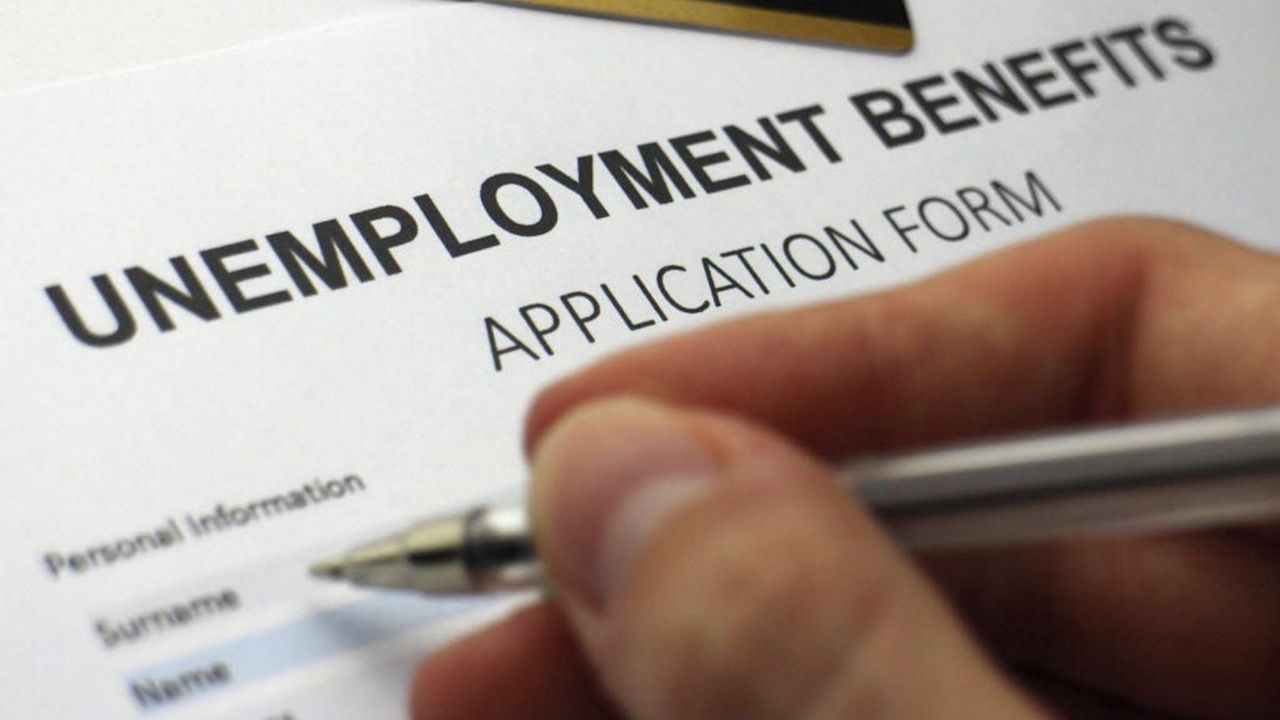COLUMBUS, Ohio — While many people would love to completely put 2020 behind them, they do have to take a look back to prepare for the upcoming tax season.
What You Need To Know
- 2020 may be one of the most complicated tax-filing years
- People don't have to pay income tax on stimulus checks
- But do have to pay taxes on unemployment
- People can only claim the home office deductions if they are self-employed
From stimulus checks to mass unemployment, and millions of Americans moving their offices to their home, the pandemic has caused a myriad of changes which may now affect how people file this year.
"2020 will be a tax-law year-change for the ages for most Americans," said Mark Steber, chief tax information officer at Jackson Hewitt. "It will touch literally every one of the 165 million taxpayers.”
He said he can't ever remember a year where people have had more questions regarding a filing season.
"The key this year will be kind of like an Easter egg hunt, you got to look in more places to make sure you find that golden egg," he explained. "And this year there's a whole lot more places to look at, a lot more risks of not looking carefully enough."
He said many people had some of the same questions as others.
A stimulus check is income people will not be taxed on. Steber also said if someone doesn’t think they got all the stimulus money they’re owed, they can add that to their 2020 filing to make sure they do get that money.
When it comes to unemployment, nearly 60 million Americans filed for that benefit this year and, as always, that is taxable income.
Steber said there are differences.
"This year, they passed a new part of the law, just this past legislation, that says if you had unemployment and if your earned income is down and, by extension, some of the 27 million people that get earned income credit might have less Earned Income Tax Credit, you can look back to your prior your return and pick the better of the two years for your Earned Income Tax Credit computation," he said.
Someone who is now one of the millions of Americans now doing their job from home, Steber said a Jackson Hewitt survey found about 80% of respondents believed they could qualify for the home office deduction, but he said it doesn't quite work like that.
"If you're doing your home office work for your self-employment business, you're your sideline business or part-time and the answer is yes," he said. "If you're just working at home for your employer, the answer is no. But there's another loophole. If you have both your regular job and you're working at home, but you have a side job, or your spouse or significant other has a side job, then the answer can be yes."
Steber said things can get even more complicated if someone is now working from home in a state that's different than their employer.
Because of all these different complexities, he said not going to a tax professional this year could cost people big if they leave any credits or deductions off the table.
"I think 2020 will be a supersized year of opportunity and risk,” Steber said.
With the new round of stimulus checks taking higher priority, the IRS has not announced when it will start accepting tax returns.
But Jackson Hewitt said filing early is the best option, whether that means getting a return quicker, or if money is owed, it gives people more time to save up to pay by the April 15 deadline.










